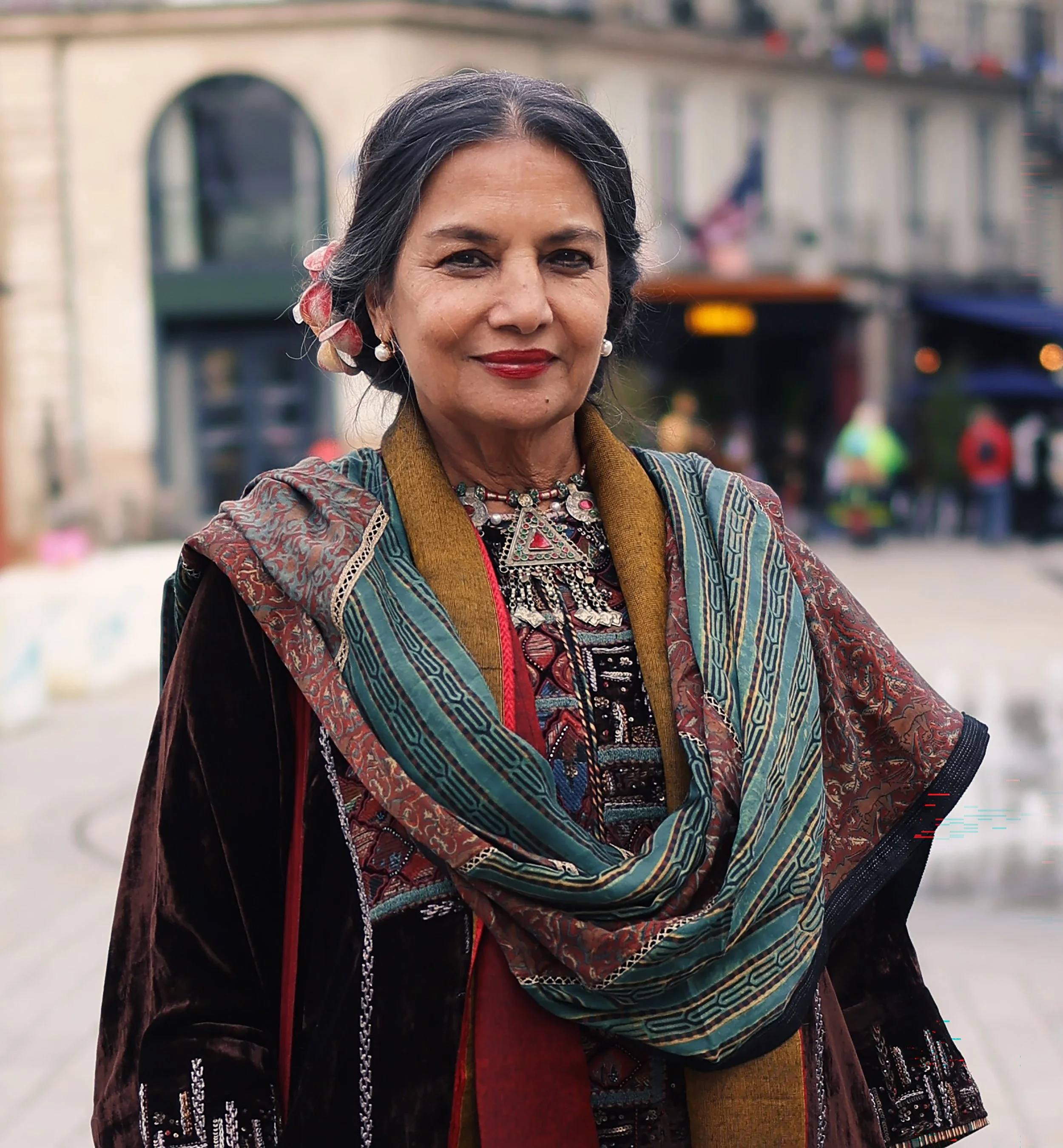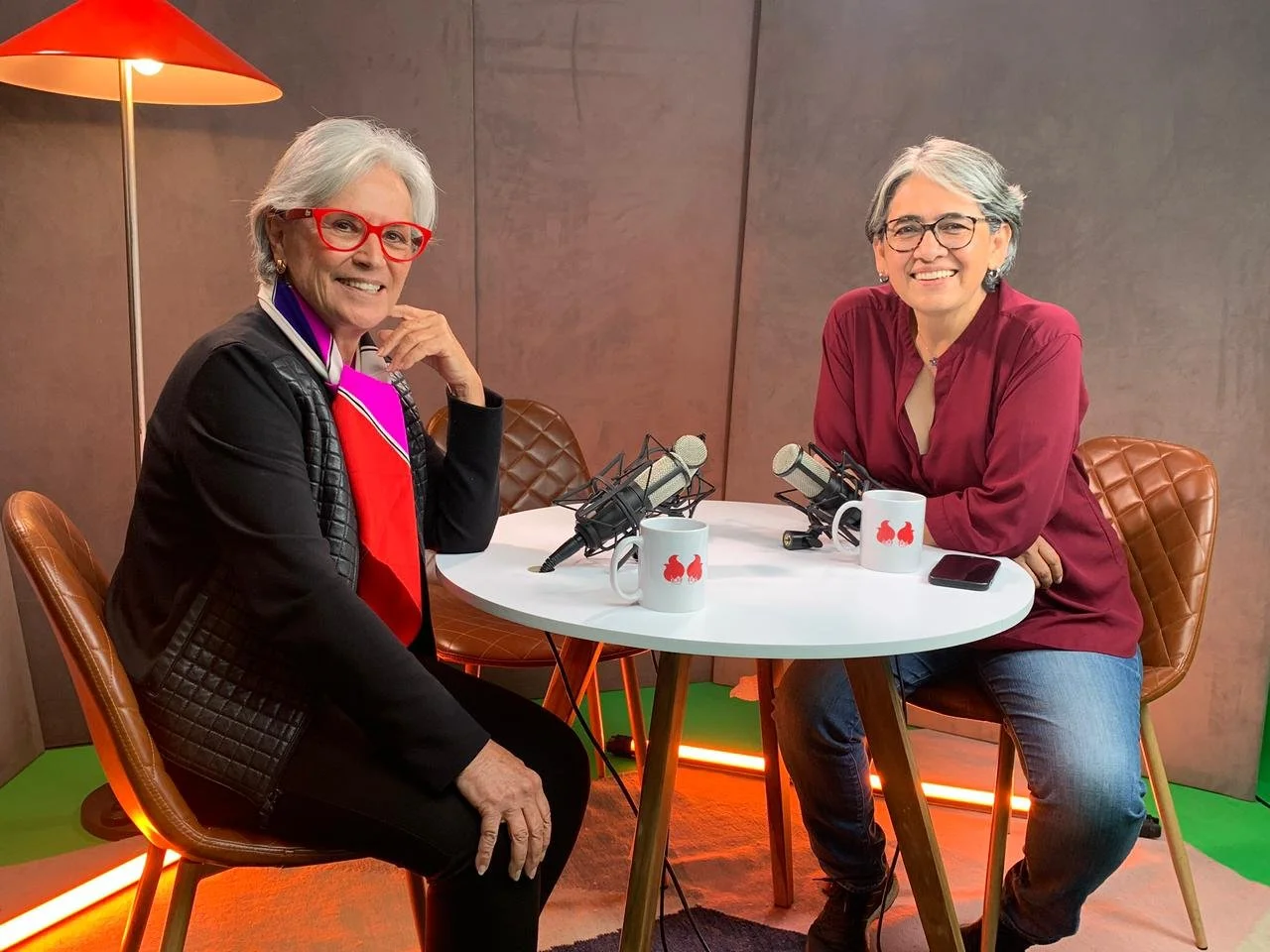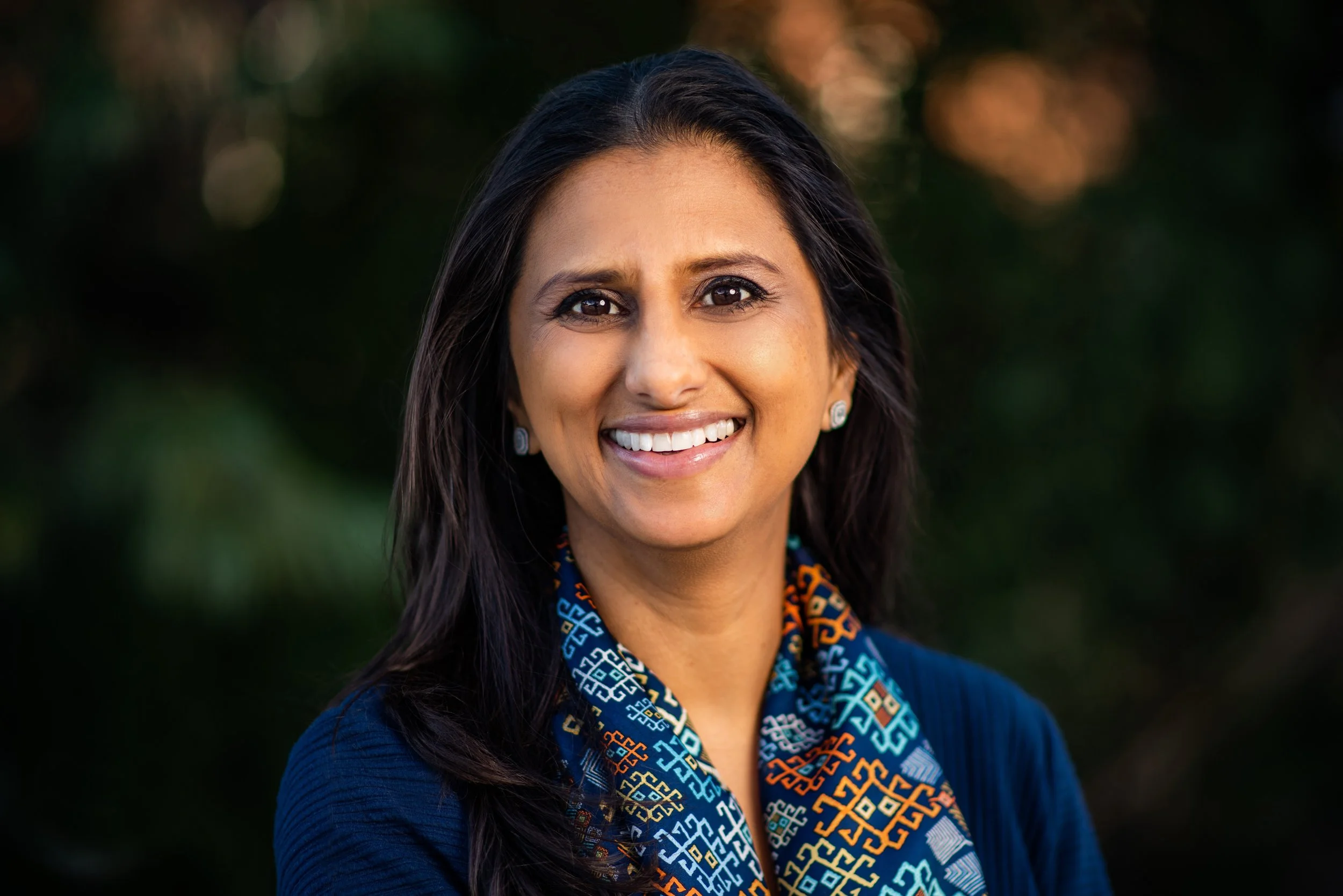
Menopause is one of the most universal yet systematically overlooked realities in women’s lives with enormous societal consequences. Every woman—everywhere—deserves better science, care and support.
Join us to build a world where menopause is met with understanding, treatment, and power, not penalty and pain.
Breaking the Silence, Ending the Global Neglect
Show your support for the global declaration
Declaration Co-Leads
* Indicates co-lead signing the declaration in their personal capacities; their views do not represent those of their employers.
-

Shabana Azmi
Famed Bollywood Actress & Activist
India
-

Núria Casamitjana Badia
Profesora Titular, University of Barcelona;
Director of Education & Training, Barcelona Institute for Global Health (ISGlobal)Spain
-

Cynthia Berkley
Co-Founder, Berkley Consultants; Former Faculty, Department of Medicine, Columbia University Presbyterian Hospital; Former Physician, Center for Menopause, Hormonal Disorders and Women’s Health
United States
-

Ellie Cannon
General Practitioner, National Health Service; Columnist, Mail on Sunday; Author, The Little Book of HRT
United Kingdom
-

Shaili Chopra
Journalist and Founder, Gytree and SheThePeople.TV
India
-

Peggy Dulany
Founder & Chair, Synergos
United States
-

Barkha Dutt
Award-Winning Journalist; Founding-Editor, The Mojo Story and We The Women; Columnist with The Washington Post, Hindustan Times and The Week
India
-

Helen Evans AO
Professor (Hon), The Nossal Institute for Global Health, University of Melbourne Australia
Australia -

Jane Halton
Board Chair, CEPI; Chair, Australian Council on Aging; Professor, Health Policy and Health Security, Australian National University
Australia
-
Nabeeha Kazi Hutchins
President & CEO, PAI
Mexico, Pakistan, United States
-

Katja Iversen
Women’s Health Advocate, CEO, Museum for the United Nations - UN Live
Denmark
-

Nísia Trindade Lima
Public Health Researcher & Former President, Oswaldo Cruz Foundation (Fiocruz); Former Minister of Health, Brazil; Member, Brazilian Academy of Science
Brazil
-

Graça Machel
Founder, Graça Machel Trust;
President; Foundation for Community DevelopmentMozambique
-

Menoglobal
-

Anjali Nayyar
Executive Vice President, Global Health Strategies
India
-

María P. Neira
Former Director, Public Health, Environment and Social Determinants of Health Department (PHE), WHO
Spain
-

Evelyne Opondo
Executive Director, International Center for Research on Women (ICRW) Africa
Kenya
-

Saundra Pelletier
CEO, Evofem
United States
-

Joy Phumaphi
Executive Secretary, African Leaders Malaria Alliance
Botswana
-

Carole Presern*
Professor of the Practice, Global Health Policy, London School of Hygiene & Tropical Medicine
United Kingdom, Switzerland
-

Magdalena Robert*
Deputy Director, Program Advocacy and Communications, Gates Foundation
Mexico
-

Alison Rowe
Senior Advisor
United Kingdom
-

Yolanda Ruiz y María Elvira Samper
Periodistas, Creadoras, Menopáusicas ¡y qué!
Colombia
-

Kamel Senouci
Director, ADVAC Course,
University of GenevaFrance, Algeria
-

Jill Sheffield
Founder, Family Care International
United States
-

Nozer Sheriar
Director, Guttmacher Institute and Centre for Catalysing Change; Chair, Medical Advisory Panel, FPA India; Former Scientific Chair, FIGO ; Author, Finding your Balance - Your 360° Guide to Perimenopause
India
-

Theo Sowa
Interim CEO, Graça Machel Trust;
Former CEO, African Women's Development Fund
Ghana
-

Soumya Swaminathan
Chair, MS Swaminathan Research Foundation
India
-

Zain Verjee
Co-Founder, The Rundown;
Founder & CEO, the ZVG;
Former Anchor & Reporter, CNNCanada, Kenya
Menopause is not just a health issue—it's a life-changing transition that affects women’s careers, relationships, and well-being.

We have the power to change this.
The world can no longer tolerate the quiet suffering of half of the world’s population. No one should face menopause alone, uninformed, or untreated.
Together, we will break the silence, end the neglect, and demand global action on menopause.
Power in Menopause
A Global Declaration
Menopause is one of the most universal yet systematically overlooked realities in women’s lives, with enormous societal consequences.
Menopause is not a disease. It is a decade-long transition that half of the world’s population will experience during their lifetimes. (i) By 2030, 1.2 billion women around the world will be menopausal or post-menopausal. (ii)
And while everyone experiences menopause differently, four out of every five women experience profound physical, emotional, and cognitive symptoms that impact their health, lives, and livelihoods. (iii) Too many of these women are forced to tolerate symptoms and discomfort in silence or without treatment.
We are here to change this. The Power in Menopause campaign is a new global movement demanding action on menopause.
Menopause: A Global Health Crisis Hiding in Plain Sight
Menopause symptoms can affect every dimension of women’s health. Hot flashes can impact women’s sleep cycles, trigger mood swings, and leave women more vulnerable to depression. (iv) Hormonal changes that accompany menopause can drastically alter women’s metabolism and bone density, increasing women’s risk of long-term disability and heart disease. (v, vi, vii)
Menopause symptoms can be so debilitating that every year, they rob the world’s women of 2.4 million healthy years of life. (viii)
Yet millions of menopausal women suffer in silence due to a systemic lack of information, misdiagnosis, or stigma. In many cases, it’s celebrities, not health systems, who are encouraging women to openly discuss their experiences and seek support.
And most health professionals are not specifically or adequately trained on menopause, so they may not know how to identify symptoms or counsel women experiencing menopause. (ix) As a result, women are exposed to misinformation and companies pushing unverified advice and products on the internet and social media.
Even hormone therapy (HT) — a proven treatment for menopause symptoms — remains under-prescribed, misunderstood, or inaccessible in many parts of the world. The result: millions of menopausal women are forced to experience unnecessary discomfort that medicine can manage. (x,xi,xii)
Much about menopause remains unknown because of existing data gaps and because it remains grossly under-invested and under-researched, particularly in low- and middle-income countries, and among Indigenous and marginalized groups. (xiii, xiv)
Menopause Policies are Beginning to Emerge — but Remain Exceedingly Rare
Despite its widespread impact, most countries still don’t treat menopause as a public health priority.
Robust national frameworks are urgently needed to increase research funding, improve access to care and education, and expand workplace accommodations.
A few countries, including the UK, Spain, and Kenya, are leading the way and offer a blueprint forward. These countries have initiated country guidelines and workplace initiatives. Without coordinated investment and leadership, tens of millions of women will continue to navigate menopause unsupported and underserved.
Menopause is an Economic Imperative and a $120 Billion USD Opportunity
Menopause is not just a health issue; it’s an economic one too. Perimenopausal women are the fastest growing portion of the workforce, so menopause symptoms have huge implications for companies and economies. (xv)
Menopause symptoms can make work difficult, and disrupt women’s careers and economic productivity. (xvi, xvii) Research shows that nearly one in four working women have quit or considered quitting their jobs due to menopause symptoms. (xviii)
But we have the power to change this. Helping women to better manage their menopause symptoms is not just a moral imperative, it’s also a smart financial decision that could add $120 billion USD to the global economy, every year. (xix)
The Power in Menopause Campaign Issues a Global Call to Action
We believe that:
The neglect of menopause in medicine, policy, and public discourse is a global failure that must be addressed.
Every woman—everywhere—deserves better science, care and support.
No one should face menopause alone, uninformed, or untreated.
The world can no longer tolerate the quiet suffering of half the world’s population.
We all have a role to play to demand global action on menopause.
Together, we will break the silence, end the neglect, and demand global action on menopause.
Together, we will build a world where menopause is met with understanding, treatment, and power, not penalty and pain.
Together, we will make menopause a global priority.
Join Us.
The Power in Menopause campaign urges the World Health Organization, governments, health institutions, and corporations to take action on menopause, so our health systems and workplaces can better support the billions of women who will experience menopause.
The World Health Organization (WHO)
To treat menopause as a life-course approach and create clear, evidence-based menopause guidelines to equip health providers and guide policymakers.
Governments
To formulate national menopause guidelines; to invest in menopause research and data collection as well as education and awareness programs; and to ensure that available treatments are covered by national health insurance schemes so they can be accessible to all who need them.
Health Training Institutions & Professional Associations
To expand menopause curricula to reflect the latest menopause science and approaches, and for health providers to proactively discuss menopause symptoms and support with their patients, so women can be the drivers of their own menopause journeys.
Corporations
To reflect menopause in corporate health policies, management training, and work environments, so women experiencing menopause can continue to thrive in their careers.
Sign the Declaration
Please fill out the form below to have your name listed as a signatory of the Global Power in Menopause Declaration.
Endnotes
[i] WHO. (2024). Menopause Factsheet. https://www.who.int/news-room/fact-sheets/detail/menopause
[ii] Delanerolle, G., Phiri, P., Elneil, S., Talaulikar, V., Eleje, G. U., Kareem, R., ... & Lee, J. Y. S. (2025). Menopause: a global health and wellbeing issue that needs urgent attention. The Lancet Global Health, 13(2), e196-e198.
[iii] Santoro, N., Roeca, C., Peters, B. A., & Neal-Perry, G. (2021). The Menopause Transition: Signs, Symptoms, and Management Options. The Journal of Clinical Endocrinology & Metabolism, 106(1), 1–15. https://doi.org/10.1210/clinem/dgaa764
[iv] Jia, Y., Zhou, Z., Xiang, F., Hu, W., & Cao, X. (2024). Global prevalence of depression in menopausal women: A systematic review and meta-analysis. Journal of affective disorders, 358, 474-482.
[v] El Khoudary, S. R., Aggarwal, B., Beckie, T. M., Hodis, H. N., Johnson, A. E., Langer, R. D., Limacher, M. C., Manson, J. E., Stefanick, M. L., & Allison, M. A. (2020). Menopause Transition and Cardiovascular Disease Risk: Implications for Timing of Early Prevention: A Scientific Statement From the American Heart Association. Circulation, 142(25). https://doi.org/10.1161/CIR.0000000000000912
[vi] Erdélyi, A., Pálfi, E., Tűű, L., Nas, K., Szűcs, Z., Török, M., Jakab, A., & Várbíró, S. (2023). The Importance of Nutrition in Menopause and Perimenopause—A Review. Nutrients, 16(1), 27. https://doi.org/10.3390/nu16010027
[vii] Amin, U., McPartland, A., O'Sullivan, M., & Silke, C. (2023). An overview of the management of osteoporosis in the aging female population. Women's health (London, England), 19, 17455057231176655. https://doi.org/10.1177/17455057231176655
[viii], World Economic Forum. (2025). Blueprint to Close the Women’s Health Gap: How to Improve Lives and Economies for All.
[ix] Armeni, E., Mili, N., Siliogka, E., Goulis, D. G., & Lambrinoudaki, I. (2022). Menopause medical education around the world: The way forward to serve women’s health. Current Opinion in Endocrine and Metabolic Research, 26, 100387. https://doi.org/10.1016/j.coemr.2022.100387
[x] Barber, K., & Charles, A. (2023). Barriers to Accessing Effective Treatment and Support for Menopausal Symptoms: A Qualitative Study Capturing the Behaviours, Beliefs and Experiences of Key Stakeholders. Patient Preference and Adherence, Volume 17, 2971–2980. https://doi.org/10.2147/PPA.S430203
[xi] Fang Y, et al. Mapping global prevalence of menopausal symptoms among middle-aged women: a systematic review and meta-analysis. BMC Public Health. 2024.
[xii] Peeples, L. (2025). The new science of menopause: these emerging therapies could change women’s health. Nature, 637(8047), 782–784. https://doi.org/10.1038/d41586-025-00069-4
[xiii] Delanerolle, G., Phiri, P., Elneil, S., Talaulikar, V., Eleje, G. U., Kareem, R., Shetty, A., Saraswath, L., Kurmi, O., Benetti-Pinto, C. L., Muhammad, I., Rathnayake, N., Toh, T.-H., Aggarwal, I. M., Shi, J. Q., Taylor, J., Riach, K., Potocnik, K., Litchfield, I., … Lee, J. Y.-S. (2025). Menopause: a global health and wellbeing issue that needs urgent attention. The Lancet Global Health, 13(2), e196–e198. https://doi.org/10.1016/S2214-109X(24)00528-X
[xiv] Islam, R. M., Rana, J., Katha, S., Hossain, M. A., Salekin, S. U., Chowdhury, A. T., Kabir, A., Romero, L., & Davis, S. R. (2025). Menopause in low and middle-income countries: a scoping review of knowledge, symptoms and management. Climacteric : the journal of the International Menopause Society, 28(3), 242–279.
[xv] O'Neill MT, Jones V, Reid A. Impact of menopausal symptoms on work and careers: a cross-sectional study. Occup Med (Lond). 2023 Sep 29;73(6):332-338. doi: 10.1093/occmed/kqad078. PMID: 37542726; PMCID: PMC10540666.
[xvi] Peacock, K., Carlson, K., & Ketvertis, K. M. (2023). Menopause. Treasure Island (FL): StatPearls Publishing. https://www.ncbi.nlm.nih.gov/books/NBK507826/
[xvii] CIPD. (2023). Menopause in the workplace: Employee experiences in 2023.
[xviii] CIPD. Health and wellbeing at work. 2023. https://www.cipd.org/globalassets/media/knowledge/knowledge-hub/reports/2023-pdfs/8436-health-and-wellbeing-report-2023.pdf
[xix] World Economic Forum. (2025). Blueprint to Close the Women’s Health Gap: How to Improve Lives and Economies for All.



